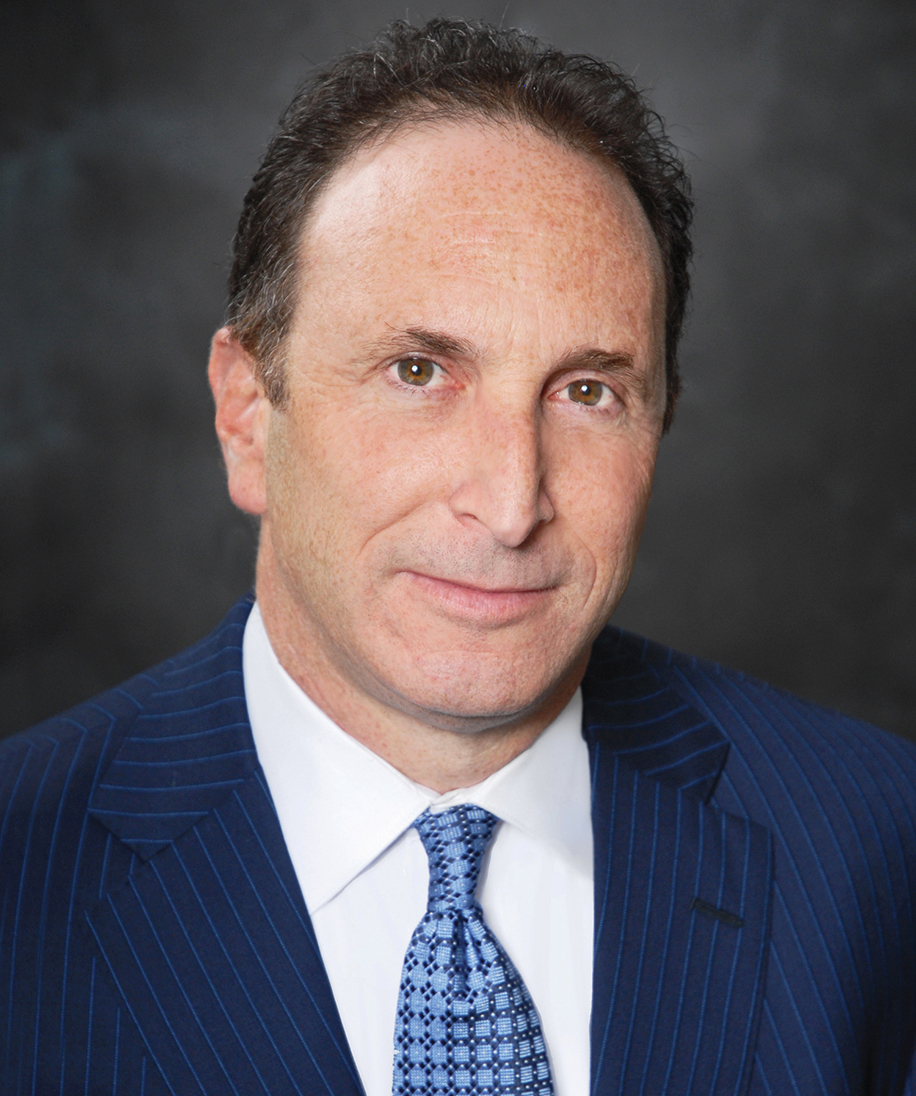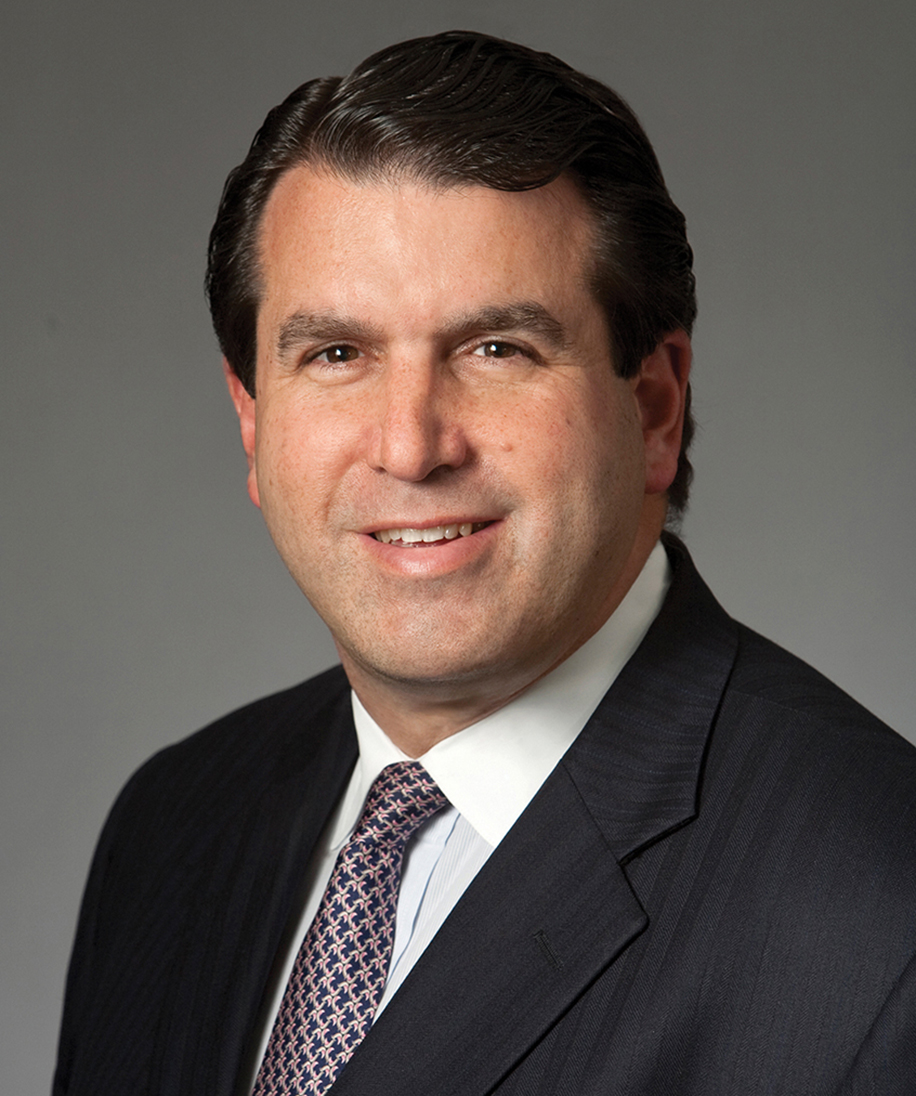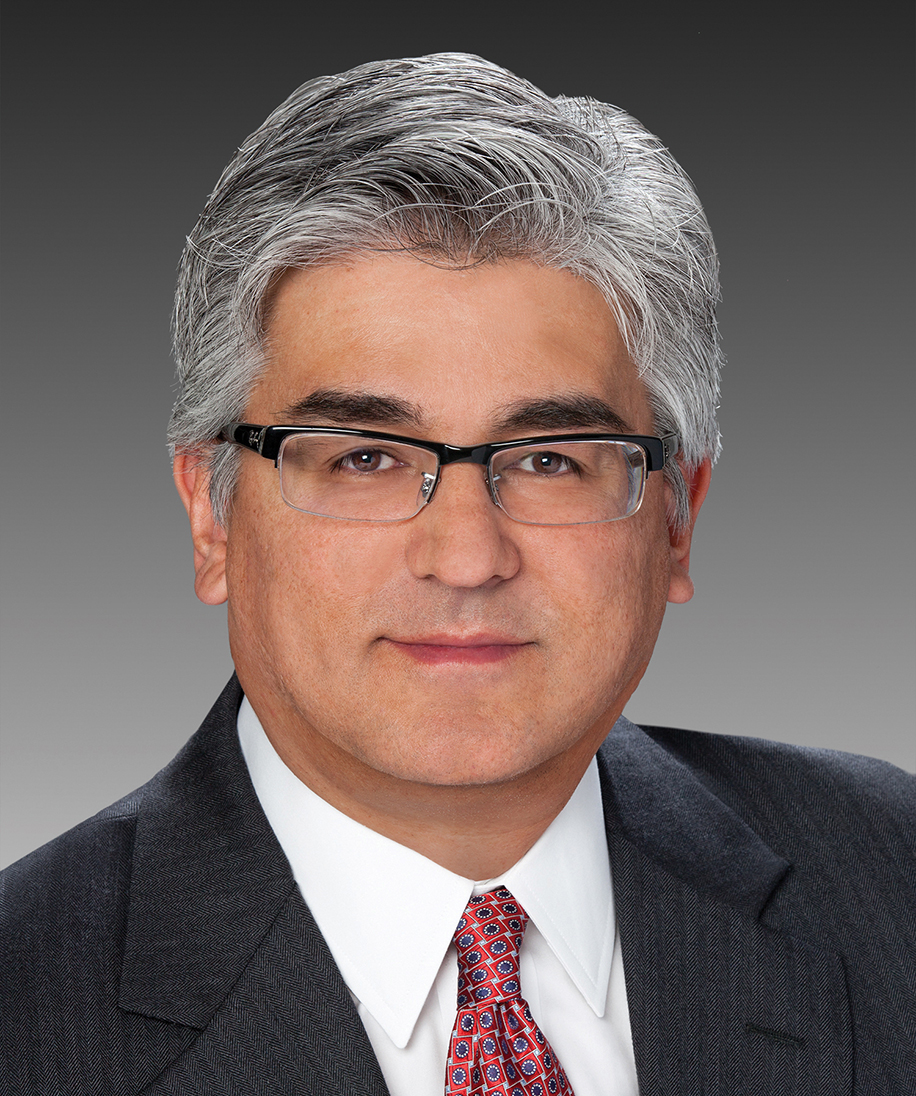Client Alert
Recent SEC Enforcement Action Merits a Second Look by Private Equity Firms and Fundless Sponsors at Broker-Dealer Registration
June 20, 2016
By Robert R. Carlson & Todd M. Schwartz
Overview
On June 1, 2016, the Securities and Exchange Commission (“SEC”) announced the settlement of charges brought by the SEC against Blackstreet Capital Management (“BCM”) and its managing member and principal owner, Murry N. Gunty (“Gunty”), which provided for the payment of more than $3.1 million in fines, interest and disgorgement, the imposition of remedial sanctions against BCM, and a cease-and-desist order against BCM and Gunty. Among the allegations brought by the SEC was a claim that BCM and Gunty had performed in-house brokerage services without registering as a broker-dealer under Section 15(a) of the Securities Exchange Act of 1934, as amended (the “Exchange Act”). Specifically, the SEC alleged that, although the limited partnership agreements governing the investment funds managed by BCM expressly permitted BCM to charge transaction or brokerage fees, BCM had never registered with the SEC as a broker nor ever affiliated itself with a registered broker. The SEC alleged that this failure to register was a “willful violation” by BCM of Section 15(a) of the Exchange Act.
Background behind the SEC’s Action
Section 15(a)(1) of the Exchange Act makes it unlawful for any broker or dealer to use means of interstate commerce to “effect any transactions in, or to induce or attempt to induce the purchase or sale of, any security” unless such broker or dealer is registered with the SEC in accordance with Section 15(b) of the Exchange Act. “Broker” is defined in Section 3(a)(4) of the Exchange Act as “any person engaged in the business of effecting transactions in securities for the account of others.” When these terms are applied to the activities of private investment funds, the question becomes whether the investment advisers to these funds are engaged in activities as a “broker” requiring registration.
The SEC’s action against BCM and Gunty may have come as somewhat of a surprise to private equity funds, but in many ways it is consistent with prior statements by SEC officials. As was noted in a previous Paul Hastings Client Alert (the “2013 Client Alert”), in April 2013, David Blass, the Chief Counsel of the SEC’s Division of Trading and Markets, spoke before the Trading and Markets Subcommittee of the American Bar Association, where he discussed the SEC staff’s continued focus on issues relating to broker-dealer activities by private investment funds. Although Blass spent significant time in his remarks on the use of in-house personnel of fund advisers in marketing funds and whether that activity required broker-dealer registrations,[1] he also addressed concerns about the receipt by private fund advisers, their personnel, or affiliates of transaction-based compensation for purported “investment banking,” “consulting,” or other broker activities relating to one or more portfolio companies of a private investment fund. Examples of these fees cited by Mr. Blass included fees that a portfolio company of a fund would pay to the adviser or one of its affiliates in connection with an acquisition, disposition, recapitalization or initial public offering of the company. Mr. Blass did suggest, however, that to the extent the advisory fee (or management fee) is wholly reduced or offset by the amount of the transaction fee, a valid argument could be made that the transaction fee is simply another way to pay the advisory fee, which according to Mr. Blass, “in [his] view, in itself would not appear to raise broker-dealer registration concerns.” The SEC action against BCM and Gunty did not state whether the transaction fees were offset against management fees. The only disclosure is that BCM received at least $1.87 million in transaction-based compensation from portfolio companies of the BCM-managed funds.
Other Allegations against BCM and Gunty
The SEC order alleged other violations by BCM (and in some instances, Gunty), which echo recent priorities of the SEC in examining private fund advisers under the Investment Advisers Act of 1940, as amended (the “Advisers Act”). For example, the order alleged that BCM had charged two portfolio companies of one of the BCM-advised funds at least $450,000 in operating partner oversight fees, which were not disclosed to the fund’s investors until after the investors’ capital had been called and the fees were already being charged. This activity resulted in a conflict of interest because BCM had used fund assets to compensate itself. The SEC order also alleged other conflicts of interest, including where Gunty indirectly acquired a departing employee’s shares in one fund’s portfolio companies without disclosing the transaction to the fund’s investors, as well as another transaction where Gunty indirectly acquired interests of departing investors in the fund and directed the general partner to waive his obligation to satisfy future capital calls with respect to such interests. BCM and Gunty were also found to have inappropriately allocated political, charitable and entertainment expenses to certain funds, without express authorization under the fund’s limited partnership agreements and without investor consent. The defendants were also cited for failing to adopt and implement policies and procedures designed to prevent violations of the Advisers Act and its rules arising from the improper use of BCM fund assets, the undisclosed receipt of fees, or the purchase of limited partner interests.
Implications for Private Investment Fund Advisers and Fundless Sponsors
The SEC’s enforcement actions against BCM and Gunty, particularly with respect to the lack of broker registration, should raise concerns for advisers to private investment funds, as well as so-called “fundless sponsors” that invest capital on behalf of investors outside of a formal private investment fund structure. Although the standard for what constitutes “broker” activity had seemingly shifted to a multi-factor test in recent years,[2] the SEC’s actions appear to re-assert the SEC’s position regarding the importance of the receipt of transaction-based compensation as a significant factor in whether an investment adviser is considered a broker and thus, subject to SEC registration. Advisers to private investment funds should therefore be especially mindful of how they structure fees and other compensation in connection with the operation of these funds and their portfolio companies. For “fundless sponsors,” this issue may be exacerbated by the fact that they may need to charge lower (or perhaps no) advisory or similar fees to their co-investors, which potentially renders unavailable Mr. Blass’ suggestion of using transaction fees to reduce or offset those advisory fees. Finally, private fund advisers should also take special note of the other SEC enforcement actions against BCM and Gunty around clear disclosure to investors of potential conflicts of interests, proper allocation and disclosure of fees and expenses, and use of appropriate compliance policies and procedures.
***
[1] As discussed in the 2013 Client Alert, Mr. Blass noted that private fund advisers that pay their personnel transaction-based compensation, in whole or in part, for selling interests in a fund, and/or have personnel whose only or primary functions are to sell fund interests, may have broker-dealer registration issues.
[2] As an example, see M&A Brokers, SEC no-action letter (pub. avail. Jan. 31, 2014).
Contributors













Practice Areas
For More Information












